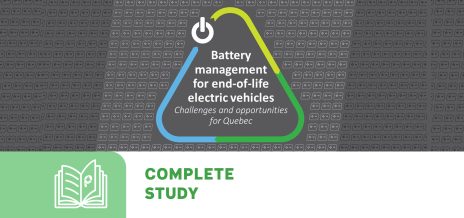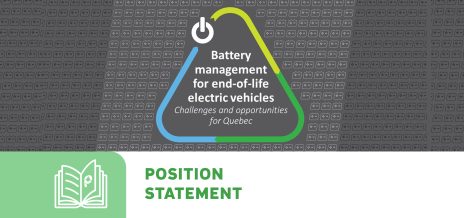Propulsion Québec releases a new study on extended producer responsibility for end-of-life electric vehicle battery management
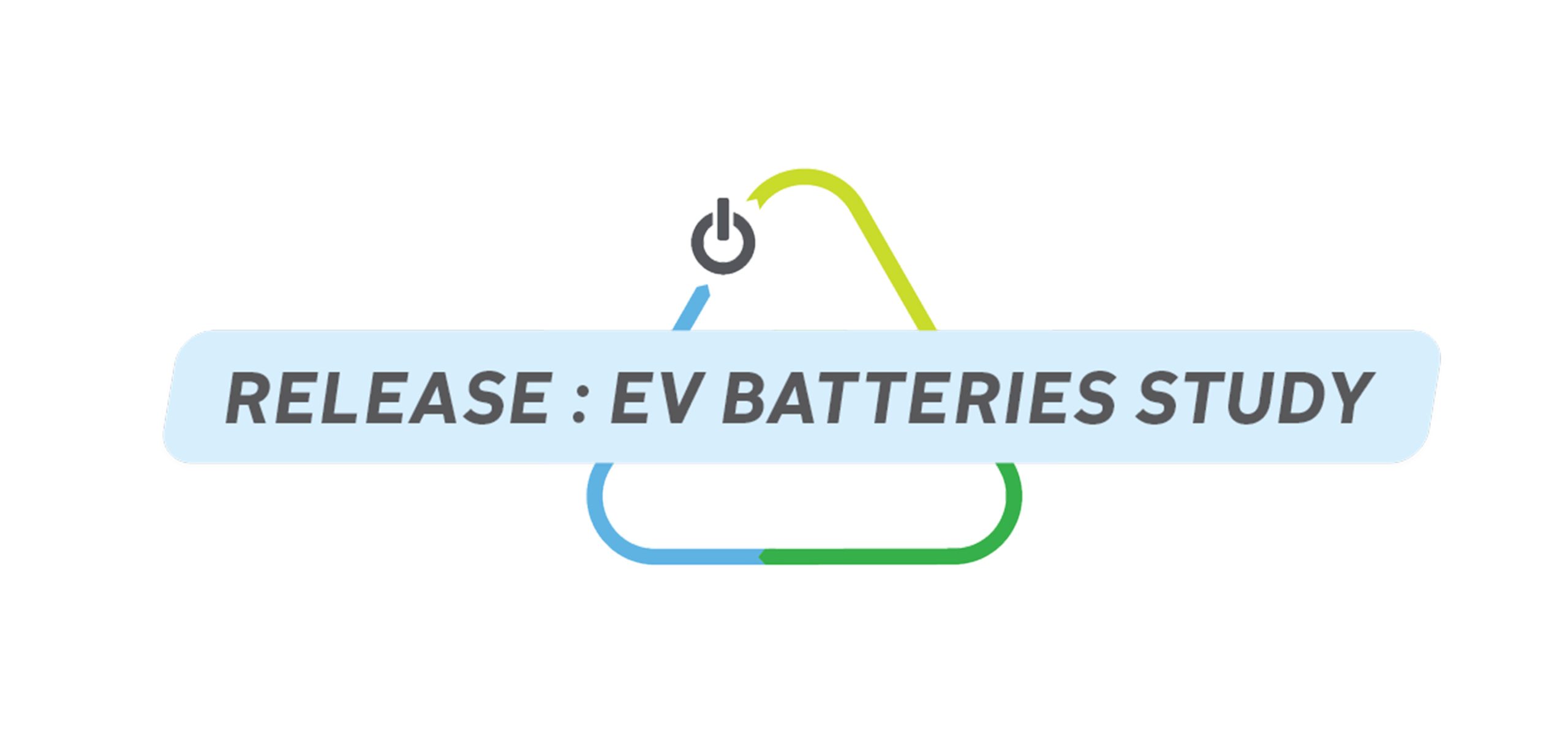
Montreal, November 17, 2020 — Propulsion Québec smart and electric vehicle cluster today released a brand new study entitled Extended Producer Responsibility for Electric Vehicle Lithium-Ion Batteries in Quebec. In order to provide a framework for end-of-life electric vehicle (EV) battery management and curtail environmental risks, Propulsion Québec commissioned consulting firm EY to analyze the feasibility of implementing an extended producer responsibility (EPR) mechanism in Quebec.
The study identifies the main hurdles to and advantages of implementing EPR in Quebec. It provides:
- An overview of existing collection mechanisms for EV batteries and the insight Quebec can gain from EPR mechanisms here and abroad
- A review of the legal framework governing vehicles and EV batteries and the collection and transportation of lithium-ion batteries in North America
- The advantages and opportunities created by EPR and specifics on how it could work in Quebec
- Challenges and best practices for EPR end-of-life lithium-ion battery management in the transportation industry in Quebec and neighboring markets
EPR, a management solution for recycling end-of-life batteries
The study indicates that EPR is already in use in Quebec for other products and could work for EV batteries, provided the mechanism is sufficiently flexible. The current legal framework in North America does not present a challenge for implementing EPR as a mechanism for recycling lithium-ion batteries. In fact, it would complement other regulations, including those governing recycling of end-of-life vehicles, cells, and batteries and transportation of hazardous materials. EPR would address challenges faced by key market players, especially in terms of ensuring safe and environmentally friendly end-of-life battery management.
EPR is already in place for EV batteries in Europe and Quebec has an opportunity to lead the way in North America. Deploying EPR for EV batteries would consolidate Quebec’s extensive expertise in transportation electrification and position the province as a leader in North America.
According to the study’s initial financial estimates, the costs of EPR would not put the brakes on the EV market. Contrary to popular belief, EPR is not the source of the recycling costs that are inherent in a battery’s life cycle.
Analysis of regulations, issues raised by stakeholders, private and public practices in other jurisdictions, and the scenario under consideration shows that EPR would meet current and future challenges. The study identifies key factors that would ensure the success of EPR for EV batteries in Quebec.
Quotes
“Estimates indicate that 70% of vehicles in North America will be electric by 2050. That’s going to have a major impact on the value chain in the transportation electrification industry, including for EV battery management. In our view, Quebec has the leadership needed to plan the collection and management of end-of-life EV batteries and EPR has emerged as a viable solution for current and future challenges. Now is the time to start developing concrete solutions for end-of-life EV battery management. This study identifies the key issues at play and outlines potential deployment scenarios based on input from key market players in the research and analysis phase.” – Sarah Houde, CEO of Propulsion Québec
“The Quebec Government is proud to support Propulsion Québec. This study enables identifying solutions and proposes actions to responsibly manage end-of-life electric vehicle batteries. Its findings and conclusions are interesting. It is essential to examine now, in collaboration with various partners, what options we are facing. The Québec Plan for the Development of Critical and Strategic Minerals includes conducting this discussion”, mentions Mr. Jonatan Julien, Minister of Energy and Natural Resources and Minister Responsible for the Côte-Nord Region.
“With the battery sector, we aim at developing a real circular economy model. From the sustainable extraction of minerals to battery recyling, we want to use cutting edge technologies to develop a sustainable electric mobility industry, with the lowest carbon footprint”, mentions Mr. Pierre Fitzgibbon, Minister of Economy and Innovation.
Propulsion Québec’s recommendations
Should the Quebec government move forward with regulatory changes to end-of-life EV battery management, the study suggests the following:
- Consult relevant stakeholders to establish the main parameters for EPR, including realistic targets, the dynamics in different markets, and intellectual property protection issues.
- Distinguish between the various types and chemical compositions of end-of-life batteries as these may affect EPR parameters and collection and processing logistics.
- Gradually implement EPR within a realistic timeframe and harmonize it as much as possible with other jurisdictions in North America that are considering similar mechanisms. Quebec is well positioned to become a North American leader and has the potential to exert a positive influence on other jurisdictions. In order to do so, it will need to leverage existing consultation mechanisms, especially in northeastern North America.
- Establish a flexible regulatory framework that can be reviewed periodically to ensure it’s in step with the availability of end-of-life EV batteries and the technical and financial viability of automakers and recyclers.
- Carry out a rigorous, in-depth quantitative analysis to better estimate EPR costs and their effects on transportation electrification, since the quantitative analysis carried out by EY must be interpreted with caution due to a lack of reliable data for Quebec and the use of assumptions based on the European market.
This study received financial support from Ministère de l’Énergie et des Ressources naturelles, Ministère de l’Environnement et de la Lutte contre les Changements Climatiques, RECYC-QUÉBEC, Call2Recycle Canada, the Association of Auto Parts Recyclers, Hydro-Québec, Lithion Recycling, Nemaska Lithium, Nouveau Monde Graphite, and Mason Graphite.
For more information on EPR for end-of-life lithium-ion battery management :
About Propulsion Québec
Quebec’s smart and electric transportation cluster rallies the entire sector around joint projects aimed at positioning Quebec as a leader in developing and implementing land transportation systems that promote smart and electric transportation. Created in 2017, Propulsion Québec has over 180 members from a variety of sectors and deploys its resources across seven distinct working groups to develop and support innovative projects. The cluster receives financial support from the Government of Québec, the Government of Canada, Communauté métropolitaine de Montréal (CMM), Québecor and ATTRIX.
For more information :

Claire Maynadier
Director, Communications and Public Relations
Continue reading on this subject

Critical and strategic minerals (CSM) traceability pilot project for the Quebec battery sector
PILOT PROJECT FOR QUEBEC’S BATTERY INDUSTRY A number of measures, regulations and laws are currently being put in place in certain countries to secure the local supply chain, or that of allied countries, in Critical and Strategic Minerals (CSM). Europe, for example, has announced the introduction of a Battery Passport from 2027, to track the […]
Read more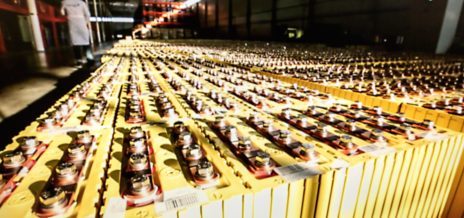
LITHIUM-ION BATTERIES : Local and international impact is on the horizon !
The lithium-ion battery sector is a key player in the future of electric and smart transportation in Quebec. Increasing announcements are highlighting the economic and environmental implications both locally and internationally.
Read more
Will industrial strategies chart a new course for the future of Quebec industries?
The Quebec economy—and more broadly the world economy—faces multiple challenges: the climate crisis, supply chain problems, labour shortages, inflation, etc. Quebec has an abundant supply of resources, know-how, and expertise; however, the next points on its agenda should include structuring, developing, and planning industrial activities.
Read more
Hosting a Charging Station?
The new Clean Fuel Regulations, SOR/2022-140, (the “Regulations”) aim to displace the use of fossil fuels and promote the use of electric and hydrogen fuel cell vehicles.
Read more
Ambition EST 2030 : a roadmap for propelling Quebec to the forefront of the electric and smart transportation industry by 2030
Propulsion Québec, the cluster for electric and smart transportation, is announcing Ambition EST 2030, a roadmap for the electric and smart transportation (EST) industry developed in partnership with Deloitte.
Read more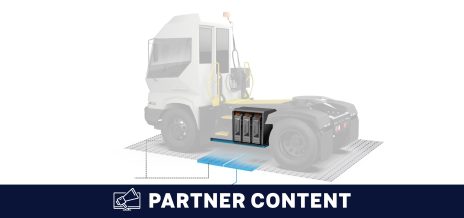
Less batteries, more autonomy: Revolutionizing the electrification of heavy-duty vocational trucks
Effenco recently launched a new, 100% electric solution that is poised to radically transform the vocational trucking sector, one of the most polluting sectors of the transportation industry.
Read more
Québec on its way to homegrown battery industry
Québec is well positioned to lead the way in lithium battery manufacturing and ramp up the transition to electric transportation.
Read more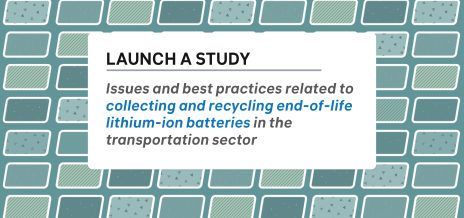
Issues and best practices related to collecting and recycling end-of-life lithium-ion batteries
Propulsion Québec launches a study on the issues and best practices related to collecting and recycling end-of-life lithium-ion batteries in the transportation sector.
Read more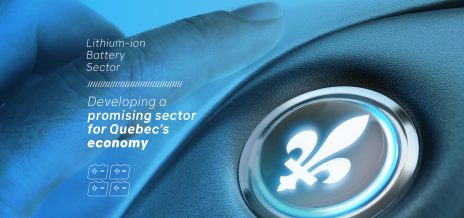
Lithium-Ion Battery Industry: Propulsion Québec Releases Study Confirming Huge Potential for Quebec
Propulsion Québec has released a study revealing the enormous potential of the lithium-ion battery industry in Quebec. The study, carried out by KPMG, looks at global markets for lithium-ion batteries and end-of-life battery recycling, and offers recommendations on how to grow those strategic sectors in Quebec.
Read more
